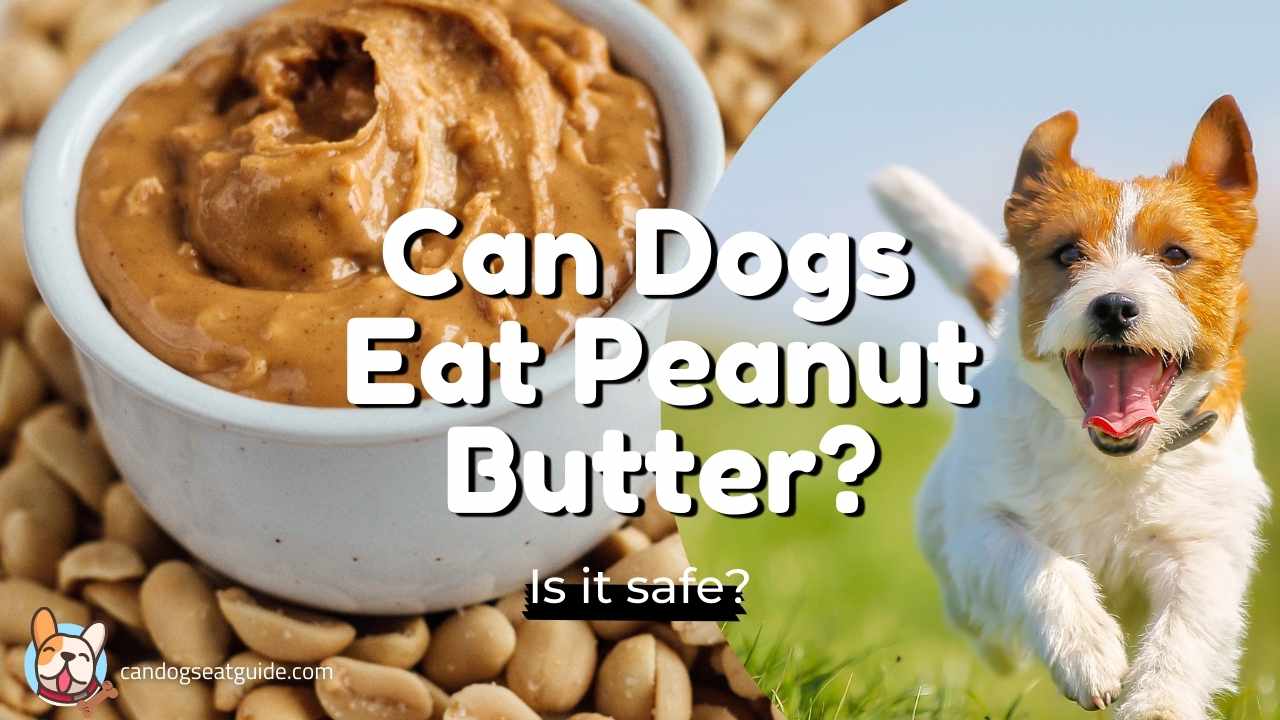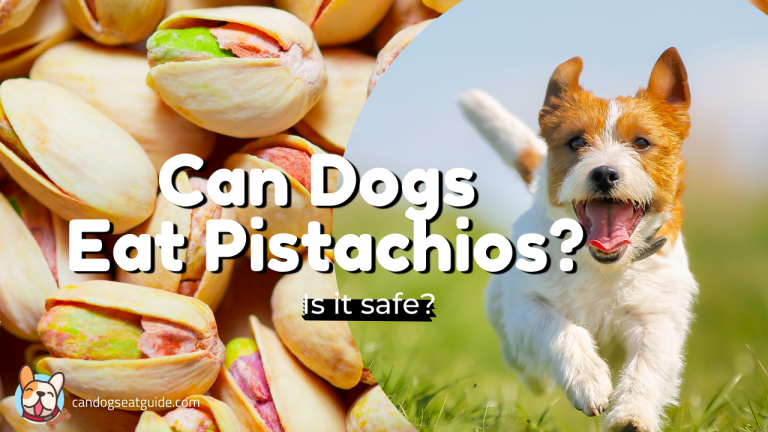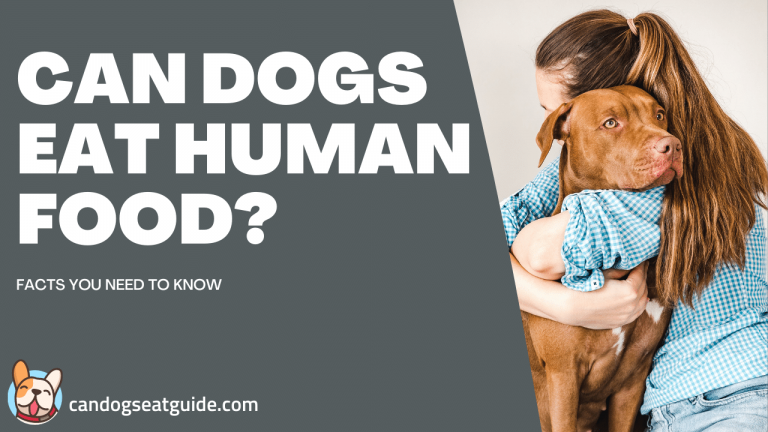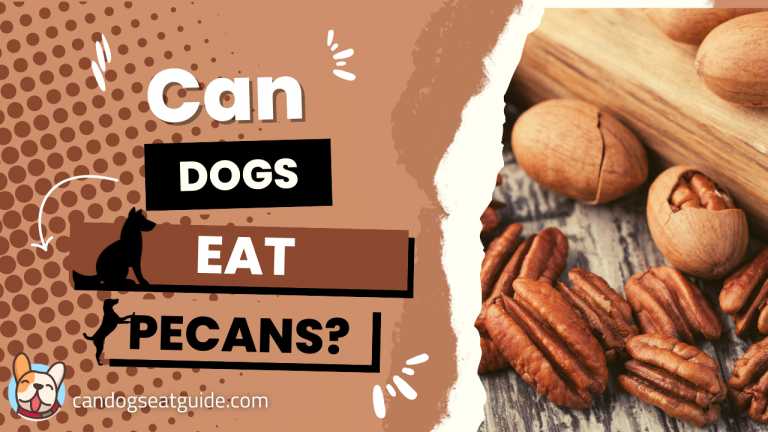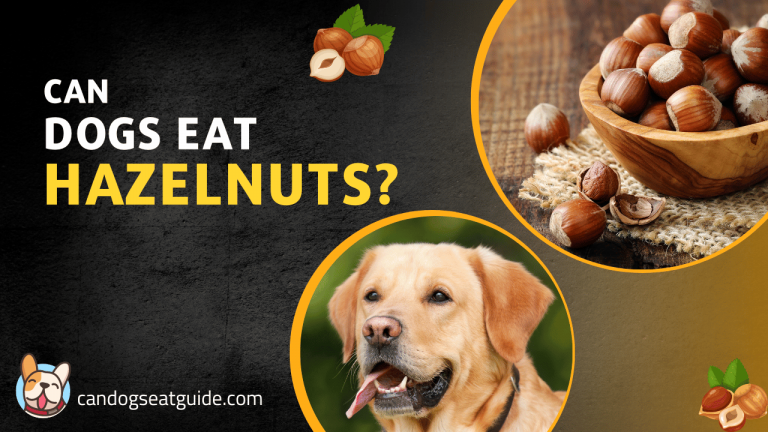Can dogs eat peanut butter?
We, humans, love our PB&Js. And many of us love peanut butter in the raw form as well- you know, just a few quick spoons in the middle of the night when we’re craving something salty and buttery.
But what about our pets, and in particular our canine friends?
In other words, can dogs eat peanut butter in the same way that we can?
For many dog owners, experience tells them that their pooches will go wild with excitement when presented with peanut butter. So, the question really becomes about whether this treat is healthy for dogs or not.
To address all your worries, today we will, therefore, be looking at this very topic and considering all aspects of the situation in as much detail as we can in this article.
Can Dogs Eat Peanut Butter: Is It Safe?
Yes!
Now, isn’t that good news? Finally, literally, an off-the-counter treat that our dogs love just as much as we do, and it is actually good for them?
I mean, isn’t that just amazing?
It is. But don’t let your pooch get too excited just yet.
While we do say that peanut butter is not toxic for dogs being a responsible pet owner, there are still a few things you need to keep in mind.
That is before you can let them be your partner in crime while sneaking those late-night peanut butter scoops along with you!
Some of these things are discussed ahead.
Can Dogs Eat Peanut Butter: Possible Dangers
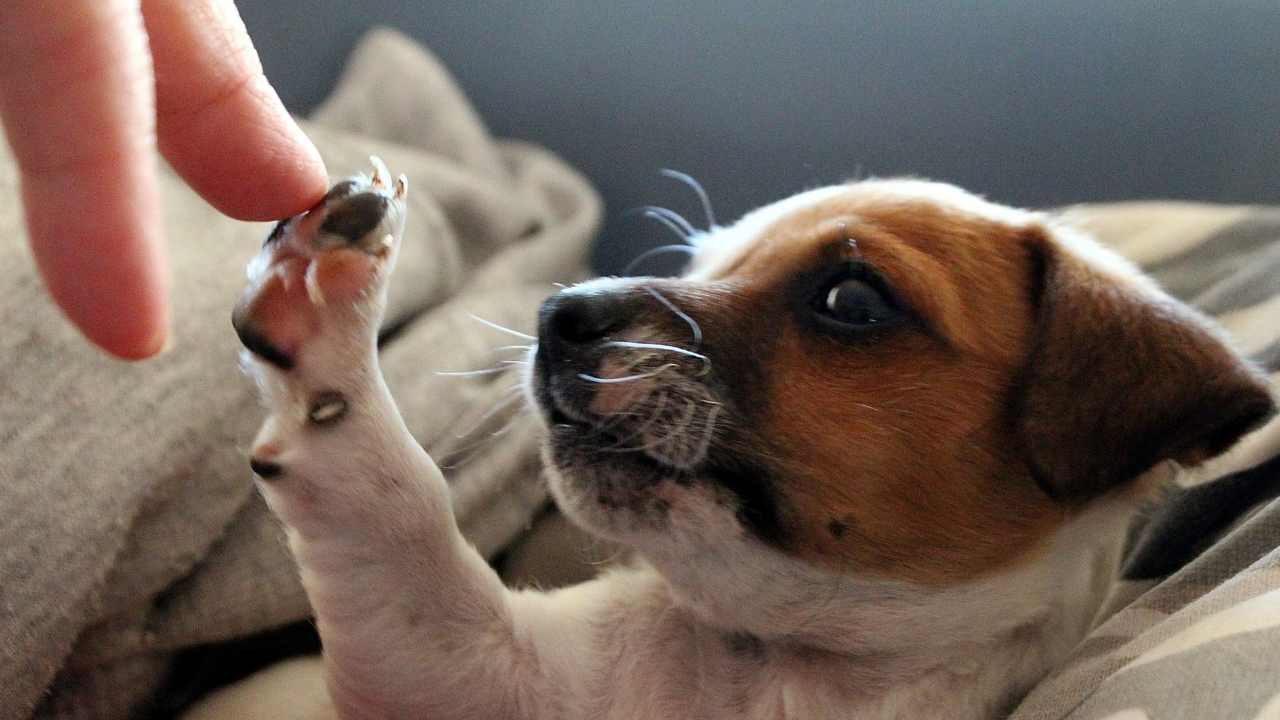
For starters, dogs can only eat plain, unsalted peanut butter. So, ideally, your dog should not be eating the same peanut butter that you might be having for yourself.
On the contrary, it is better to pick up a jar of dog-specific peanut butter when you’re out grocery shopping the next time around.
Or better yet, according to some pet owners who swear by the benefits of homemade dog foods, a simpler and cheaper thing to do would be to just prepare a jar of unsalted peanut butter yourself.
I’ve linked a video down below on how to make peanut butter at home to make things even easier for you!
But the million-dollar question remains.
Why is typical store-bought peanut butter not safe for your dog?
The answer is two-fold. Firstly, because of the sodium content. And secondly, certain companies like to add additional flavorings and sweeteners such as xylitol.
Let’s look at both in a bit more detail.
Sodium
According to experienced veterinarians, your dog should not be having sodium as more than 0.3% of their overall diet, when it comes to their daily sodium intake.
This is because a little bit of sodium is essential for healthy brain function. A lot of it, however, can lead to your dog developing serious health conditions such as pancreatitis.
Xylitol
Xylitol, on the other hand, is just straight-up toxic to your canine friend.
And the reason lies within how xylitol functions as an artificial flavoring in general. Artificial flavorings such as xylitol lead to the sudden release of a lot of insulin in dogs.
And understandably, for anyone who knows even a little bit of biology, once this happens, your dog’s blood glucose levels will drop suddenly and drastically, thereby creating a situation where they must be hospitalized immediately.
In fact, it is true that many dogs die because of xylitol poisoning, which is why most vets will tell pet owners to stay as far away from artificially flavored treats as possible.
Can Dogs Eat Peanut Butter: Are There Any Nutritional Benefits to Peanut Butter?

So far, we’ve told you that the answer to ‘Can Dogs Peanut Butter?’ is yes but that it comes with a few reservations.
However, many dog owners might still be reluctant while give their dogs this treat, not out of fear of it not being safe but simply because how they believe it might not be as nutritional as some other dog treats out there. And that’s not exactly wrong.
The truth is, when it comes to nutritional value, peanut butter is not at the top of the charts.
With that said, however, it does still possess some beneficial nutrients such as protein, niacin, B vitamins, vitamin E, and a lot of healthy fats. All these will help give your pooch a shiny coat and hopefully lead to better brain functionality.
At the same time though, there are other treats out there that are a lot richer in these nutrients and are less fattening as well. In fact, if you are concerned about the negative impacts peanut butter may have on your dog’s health- especially if they have some pre-existing problem such as obesity or diabetes etc. then it might be wise to choose alternate treats in its stead.
Can Dogs Eat Peanut Butter: How Much Can My Dog Eat?
The 10 percent rule says it all when it comes to treats. The rule, as the name suggests, says that a treat should not constitute more than 10 percent of your dog’s daily diet.
In our opinion, however, since treats such as peanut butter are slightly fattening, it might be wiser to modify the rule a bit and lower the value to say five to six percent instead.
At the same time, you should also consider other factors such as whether your dog is diabetic or suffers from pancreatitis. In this case, the best thing would be to first seek a veterinarian’s consultation before landing on peanut butter as a regular treat for your dog.
Can Dogs Eat Peanut Butter: Fun Facts
As much as our dogs love peanut butter, so do we humans. And what’s more to this tasty snack is that it is packed with not only flavor but possesses many interesting facts as well. Some of these are as follows:
- It takes approximately 540 peanuts to make one 12-ounce jar of peanut butter. Just imagine the extent of protein and all other nutrients that get jam-packed into one jar because of these. Literally, everything present is there in a highly concentrated amount- probably explaining why so many of us enjoy it so much!
- According to some research (still in progress), men tend to prefer chunkier peanut butter whereas women have a greater tendency to opt for peanut butter which possesses a smoother texture. Weird, I know right?
- In the US at least, the law dictates that particular peanut butter may only be labeled as “peanut butter” if at least 90 percent of its contents are peanuts! Once again, this makes me wonder about just how densely packed the nutrients are when it comes to this buttery form.
Can Dogs Eat Peanut Butter: Recipe Guide
So, can dogs eat peanut butter? Yes.
But what if you want to take that a step ahead?
What if we made things a tad bit more interesting and created a little recipe instead of just giving them the treat as it is?
If you’re the sort of person who’s interested in that, then here’s a little recipe guide, just for you.
Peanut Butter Dog Treats
Ingredients
- Whole wheat flour- 2 cups;
- Peanut butter- ½ cup;
- Eggs- 1;
- Baking Powder- 1 tbsp;
- Water- 1 cup.
Recipe
- Add the flour into a big mixing bowl.
- To this, add the peanut butter and one beaten egg.
- Next, add the baking powder and water.
- Give the ingredients a good stir.
- Next, knead the ingredients with your hand and prepare a dough ball out of the mixture.
- After that, take the dough ball out of the mixing bowl.
- Sprinkle some dry flour onto a board and place the dough ball on top of it. Using a rolling pin, flatten the ball into a flat disc shape.
- Next, using a cookie cutter of your desired shape, carve out the dough into a cute little shape.
- Place these cut-out dough pieces onto a baking sheet and bake for up to 20 minutes on each side at 375 Degrees Fahrenheit.
- And there you have it, the perfect dog treat in peanut butter.
Video Recipe
Can Dogs Eat Peanut Butter: How To Make Peanut Butter
FAQs
Can dogs eat peanut butter out of a jar?
Yes, if the peanut butter is dog-specific or without sodium.
Can dogs eat peanut butter with other foods?
Yes. Several dog treats include peanut butter as a topping.
Can dogs eat peanut butter if there are diabetic?
This is a vet-specific question and can’t be answered without proper consultation.
Can dogs eat peanut butter if they have previously suffered pancreatitis?
Ideally, no. But a more comprehensive answer can be found by consulting a vet.
Can dogs eat peanut butter every day?
Yes, but the amount should be highly controlled. That is, not more than 1 tsp if you are giving it to them every day.

